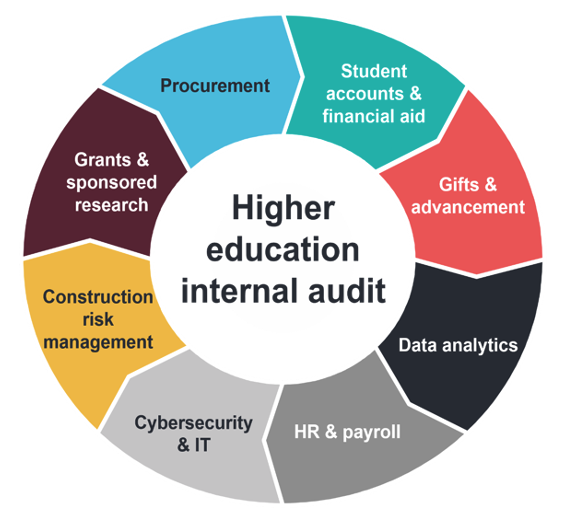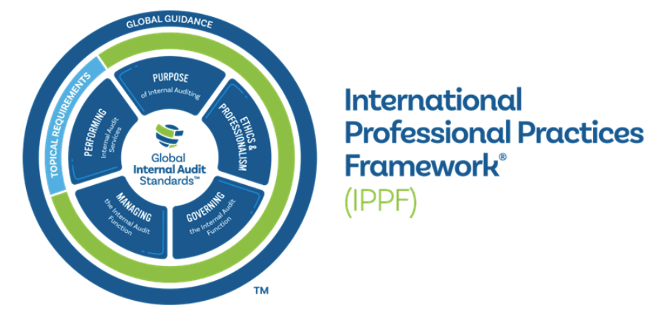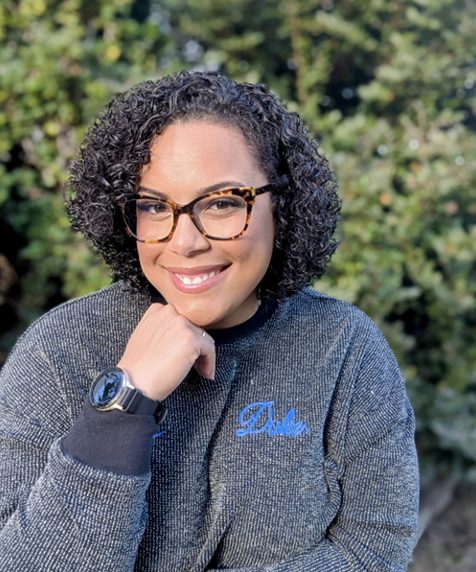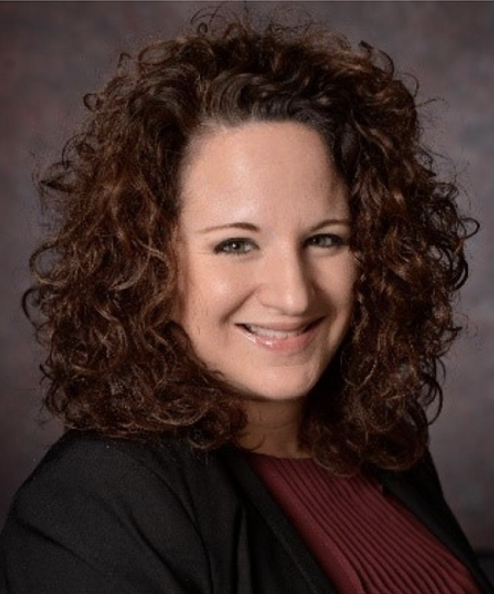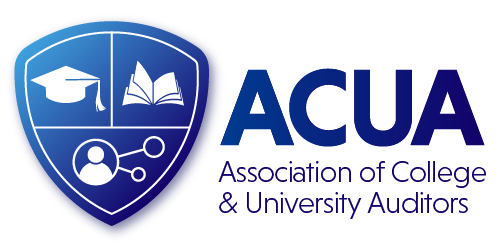Improving Communication by Reducing Ambiguity in Policies
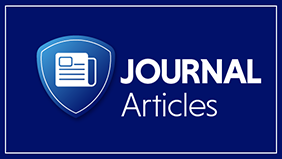
By John McDaniel
Internal controls are not just a good practice, they are an absolute necessity for any organization, particularly in the complex realm of higher education. Effective communication and a comprehensive understanding of policies and procedures are key to maintaining these controls. However, when communication is unclear or ambiguous, it can lead to protocol violations and serious risks, threatening the integrity of research, financial compliance, and the institution’s reputation. This article delves into the concept of equivocality, its impact, and strategies to reduce it—all aimed at fortifying the internal control framework in higher education institutions.
Exploring Ambiguity
Unclear messages or instructions can lead to equivocality when they can be understood in multiple ways. Policies with conflicting language and ambiguous expectations can confuse the reader and result in inconsistent application. The lack of consistency in policy interpretations and the failure to provide timely updates further complicate matters. When faced with cultural discrepancies, individuals may need clarification about the appropriate course of action, especially when there is a clash between written policies and institutional culture.
Consider the institution’s travel policy, for example. If there is ambiguity about whether alcohol expenses are reimbursable, some employees may assume that alcohol is permitted during client dinners, while others may interpret the policy more restrictively and exclude alcohol altogether. This inconsistency in interpretation could lead to non-compliant expense submissions, with some employees inadvertently violating policy guidelines.
Similarly, confusion can arise when employees are unsure about claiming travel reimbursements. Employees may make incorrect assumptions, such as not deducting commuting miles when driving a personal vehicle in the opposite direction of the jobsite or rationalizing it is permissible to upgrade a flight to business class since it is for a business trip. They may not realize when prior approvals are required, such as when staying at an expensive hotel, or that there may be caps on certain expenses like dinners. Without clear, specific guidelines, employees may not consistently adhere to the travel policy, resulting in improper charges to the institution.
The Hazards of Ambiguity
The ripple effects of uncertainty are far-reaching. It can pave the way for unintended or deliberate deviations, escalating the risk of fraud and ethical breaches. Clear policies are not just about compliance, they are about optimizing resource utilization, which directly influences research outcomes and financial stability. Non-compliance with research and regulatory requirements can tarnish an institution’s reputation and alienate sponsors.
Moreover, uncertainty breeds frustration, casting a shadow on staff morale. For example, institutions with unclear per diem policies may lead to employees believing they can claim full per diem rates even though meals were provided at a conference, or their travel began late in the day. Employees may exceed their daily spending allowance when the per diem rates are not known, and mistakenly assume the university will reimburse them at full cost. This lack of clarity can result in disputes over reimbursements, creating administrative inefficiencies and reducing staff morale when employees feel they have been treated unjustly. A clear and regularly updated per diem policy, with specific guidelines on how to apply the daily rates, can help avoid such conflicts and reduce confusion.
Exploring the Impact of Equivocality on Control Breakdowns
Ambiguity can lead to control breaches in universities. For instance, when procurement procedures are unclear, faculty or staff might make unauthorized purchases or exceed spending limits, resulting in financial losses or non-compliance with external regulations. Similarly, unclear travel expenditure policies, such as the alcohol reimbursement example, can create ethical dilemmas and damage the reputation of individuals and the organization as a whole, especially if alcohol is inadvertently served to minors.
Uncertain data management practices in research can compromise integrity and attract regulatory scrutiny. For example, research universities need to be especially clear on policies for safeguarding study subject data. Inconsistent data governance practices are often due to unclear data storage, sharing, and ownership policies. Vague guidelines regarding conflicts of interest can undermine the objectivity of studies when there is confusion about reporting potential conflicts.
Compliance violations can also arise from a lack of clarity on export control restrictions, resulting in unintentional infractions, financial penalties, and impeding international research collaboration. Unclear guidelines on student data privacy standards can result in failure to comply with regulations, financial penalties, and damage to the university’s reputation. These examples highlight the importance of actively addressing uncertainty to mitigate risks and safeguard the organization’s financial resources, research, and adherence to regulations.
Internal Audit’s Role in Reducing Equivocality
Internal auditors can use their role as valuable strategic advisors by delving deeper into non-compliance observations. Recognizing situations where faculty and staff violated institutional policies and procedures is reactive and offers limited benefit. Instead, their value lies in uncovering the underlying reasons behind these mistakes. Discovering undisclosed process weaknesses reveals possibilities for enhancing and maximizing operational efficiency.
Through thorough investigation, internal auditors can uncover systemic issues such as unclear communication, inadequate training, or flawed policies by delving into the reasons behind non-compliance. Auditors can uncover inefficiencies or vulnerabilities within current processes, which can lead to improvements beyond immediate compliance concerns. With a deeper understanding, they can provide valuable recommendations that tackle the underlying issues of non-compliance, leading to specific and effective improvements.
Internal auditors should proactively evaluate policies, especially in high-risk areas like travel, procurement, and data governance, to enhance the risk management framework by anticipating and mitigating potential issues. Consider a dual approach where Internal Audit reviews policies during specific engagements and dedicated departmental compliance committees perform periodic reviews of high-risk areas.
Conclusion It is essential to actively reduce ambiguity in policies and procedures to strengthen internal controls, ensure policy compliance, and uphold institutional integrity. This requires a collaborative effort that necessitates dedication from management, Internal Audit, and all employees to cultivate a culture of transparent communication and ethical conduct. By working together, academic institutions can strengthen their internal control environment to protect their mission and resources.

